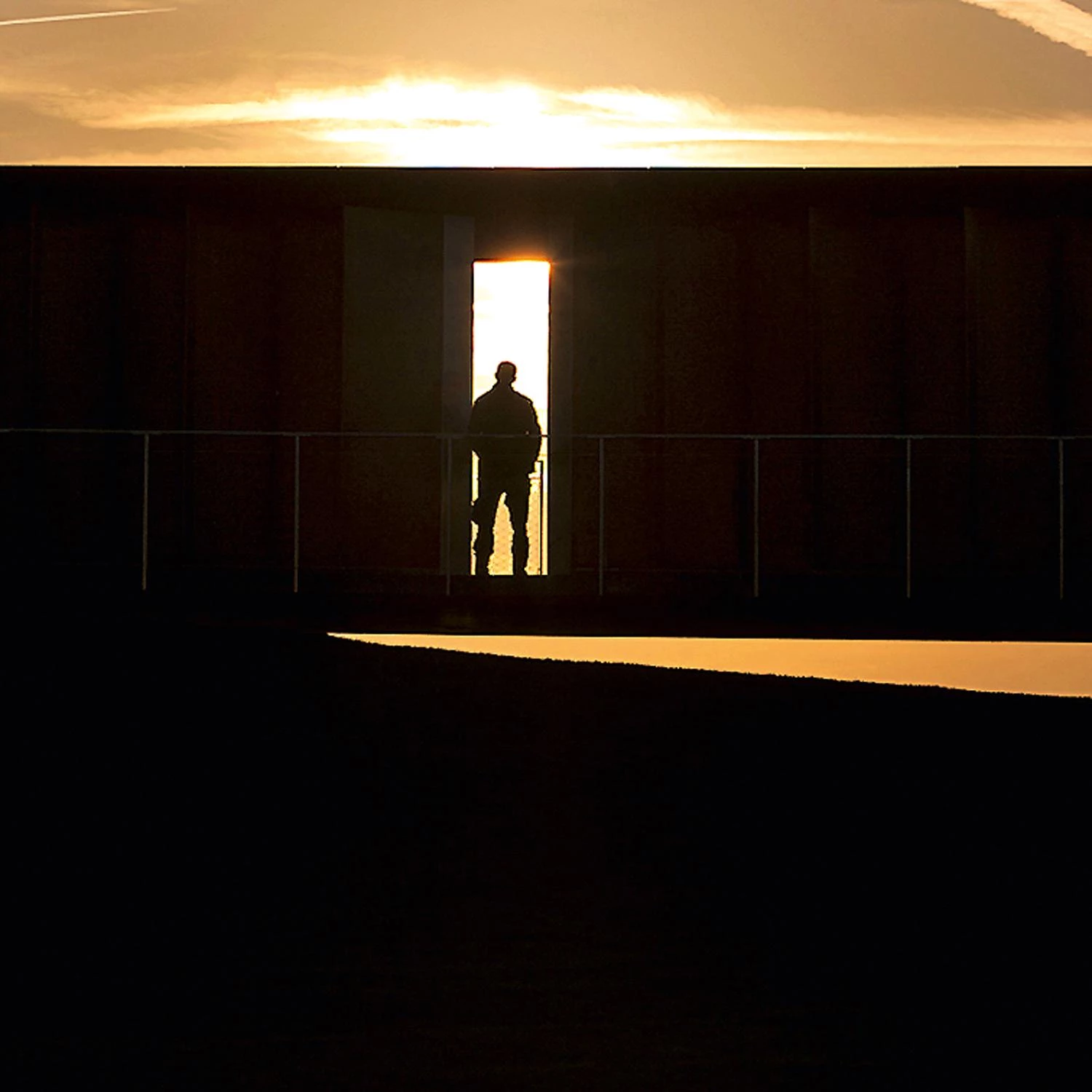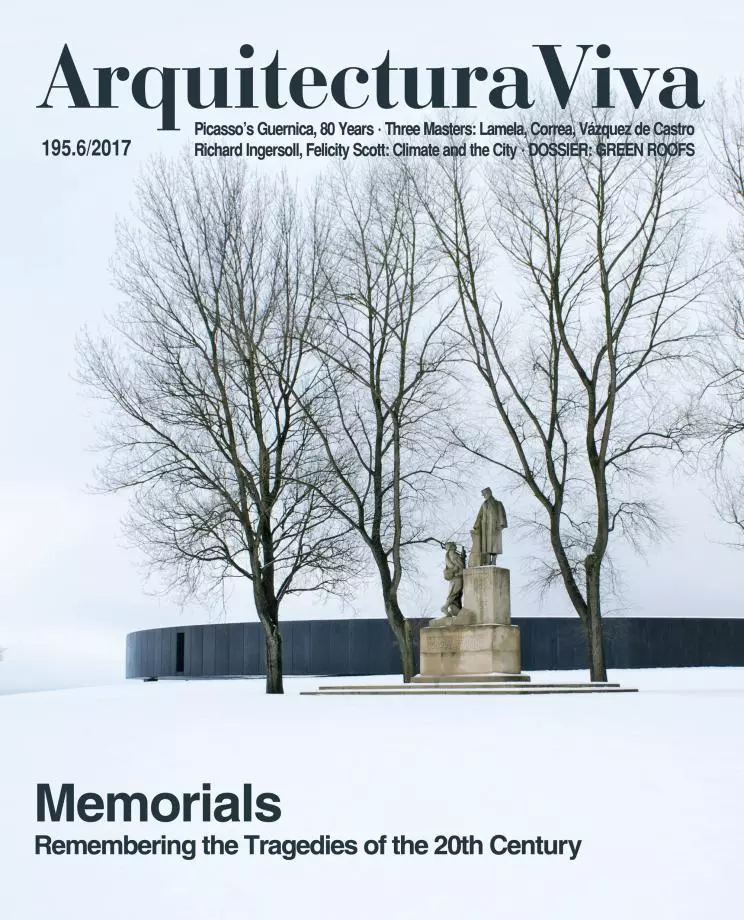
We suffer memory disorders. Both individuals and societies need to balance memory and oblivion, defining personal or collective identity and at the same time clearing the mind to let the new come in. However, today we suffer from both excessive and ephemeral memory: digital labyrinths store huge amounts of trivial information, which can be dug out for commercial purposes or used as ammunition to destroy reputations and lives; at the same time, the contemporary tsunami of data or news drowns any significant recollection, immediately erased by the next impression. Faced with the hybris of endless memory, and with the tabula rasa of the exact verse of Pere Gimferrer – ‘if I lose my memory, such purity’ –, perhaps we should call for the social ataraxia that provides fertile serenity braiding things remembered and things forgotten.
Today’s cult of memory, which has promoted endless commemorative monuments and sprinkles cultural activity with anniversaries, often takes the appearance of an empty liturgy. If the objects of remembrance are furthermore disasters and killings, the journey to those ‘places of memory’ becomes a national and civic ritual that combines the defense of a distinct identity with the display of patriotic piety, in an exaltation of sentiment that seeks redress rather than reconciliation. The Polish poet Wislawa Szymborska, who lived through the tribulations of her country, eloquently defended ‘the moral imperative of forgetting,’ precisely the guiding thread of the recent book by journalist David Rieff, In Praise of Forgetting, which sums up his experience reporting on the disasters of the century warning against the excesses of memory.
Amnesty demands amnesia, and it is hard to imagine a collective project of life in common that does not demand the cauterization of resent through forgetting. The detailed recollection of offenses is toxic for those incapable of alleviating the memory of that ominous ballast, and the ritual commemoration of blood shed can pathetically clog the collective future. Shared memory mixes justice and retaliation, the legitimate desire for repair and the passional yearning for punishment, blocking the road to compromise. Faced with the difficult balance between justice and peace, some claim ‘fiat iustitia et pereat mundus’ as motto; but if righteous memory hinders reconciliation, perhaps the best words to sum up the fair balance between recalling and forgetting might be those of the President of the Republic Manuel Azaña during the Civil War: ‘peace, pity and pardon.’





